Scenario design, Gaming & Simulations
The Scenario Design, Gaming, & Simulations (SGS), operated by the University of Arizona National Security Initiatives (NSI) team, develops complex strategic, operational, and tactical scenarios for planning and decision-making that reflect interoperability across all domains and dimensions of the Inner Solar System Operational Environment. These scenarios encapsulate the Global Operational Environment in the broader context of growing reliance on space-based systems and increased competition in the Space Domain.
We incorporate gaming techniques to engage participants in interactive problem-solving and utilize simulations to model real-world environments and assess potential national security outcomes in areas such as defense, climate change, migration, food security, and crisis management. Supporting partners in all domains, SGS seeks to assist scenario and exercise designers/planners, wargame designers/facilitators, and simulation centers. We aim to create connections and networks across entities, break through silos to create operational interoperability, and enable greater understanding of our strengths and challenges in tomorrow’s OE.
FEATURED STORIES
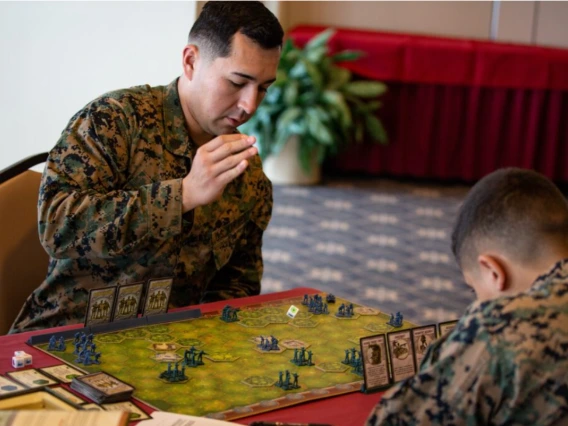
Put Educational Wargaming in the Hands of the Warfighter
Wargaming has long been a crucial tool for military success, yet today, it risks becoming the exclusive domain of select officers rather than an accessible, educational exercise for all ranks. To truly harness its potential, the defense community must reintegrate wargaming as a vital intellectual exercise—one that strengthens decision-making, fosters adaptability, and provides leaders with critical battlefield experience in a low-risk environment.
"Failure in a wargame is not final but an opportunity to learn a new method of success," the article argues. By embracing educational wargaming at the tactical level, the military can build a better-prepared force, leveraging historical lessons and new technologies to break the cycle of wargaming booms and busts.
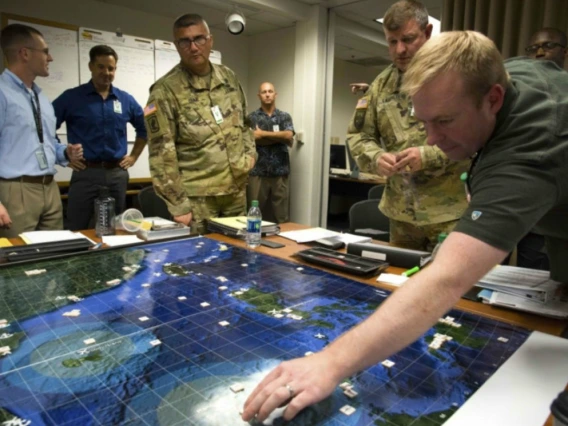
Just Let Them Compete: Raising the Next Generation of Wargamers
Wargaming is shaping the future of military strategy, guiding critical discussions and innovation across the defense community. From the Marine Corps’ Expeditionary Warrior wargame tackling anti-access/area denial to Unified Quest 2019 exploring AI in warfare, these games analyze everything from autonomous weapons to geopolitical crises.
Yet, wargaming’s success depends on its designers. Currently, the field relies on a small group of experienced professionals, with few young wargamers being trained to take their place. Without a structured pipeline to recruit and educate new talent, the future of military wargaming remains uncertain.
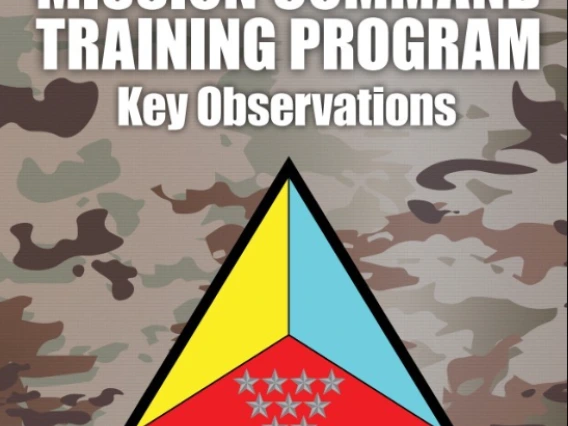
FY 24 Mission Command Training Program Key Observations
The Mission Command Training Program (MCTP) serves as the Army’s premier deployable combat training center, supporting corps, divisions, and special operations forces with rigorous, doctrine-based leader development through Warfighter exercises (WFXs). Managed by TRADOC and scheduled via Army Forces Command, MCTP conducts up to five 10-day WFXs annually, guided by TRADOC Regulation 350-50-3. In FY 2024, ASCCs such as U.S. Army Europe-Africa and U.S. Army Pacific Command acted as higher commands for corps-level WFXs, enhancing realism and leadership preparation for V Corps and XVIII Airborne Corps.
These exercises integrated large-scale combat operations and coordination with entities like European Command’s Austere Challenge. The publication documents MCTP's insights from four FY 2024 WFXs, offering lessons across six warfighting functions. Overall, the program drives continuous improvement in warfighting doctrine and unit readiness.
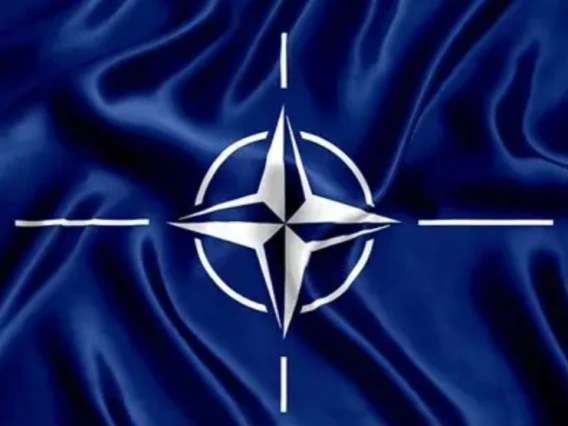
NATO Exercises and Activities
| Event | Dates | Location |
| GRIFFIN LIGHTNING 25 Griffin Lightning is a Multinational Corps Northeast (MNCNE) scheduled tactical level exercise that trains all NATO Forces Structures (NFS) MNCNE Operational Control and reinforcement units in executing the Regional plan. It includes nested national plans for the MNCNE AOO within the Baltic Sea Region, within multi-domain, and multi sale tactical operations against a peer-adversary contesting NATO in peace and crisis. | April 1 - June 15 | Estonia, Latvia, Lithuania, Poland |
| DYNAMIC GUARD II Exercise to maintain the level of proficiency Electronic Warfare (EW) and Anti-Ship Missile Defence (ASMD) in Standing NATO Maritime Group 2 assigned units when not committed to current NATO and NATO Response Force (NRF) Operations. | September 9 - 13 | Mediterranean Sea |
| DYNAMIC MESSENGER 25 Dynamic Messenger 25 is a NATO Maritime Command sponsored annual collaborative LIVEX designed to test and exercise the use of Maritime unmanned Systems (MUS) (autonomous surface vessels, underwater vessels and aerial vehicles). | September 22 - October 3 | Atlantic Ocean |
| CYBER COALITION 25 Cyber Coalition is NATO’s flagship annual collective cyber defence exercise and one of the largest in the world. It is planned and conducted by Allied Command Transformation under the governance of the Military Committee. | November 7 - 12 | Estonia |
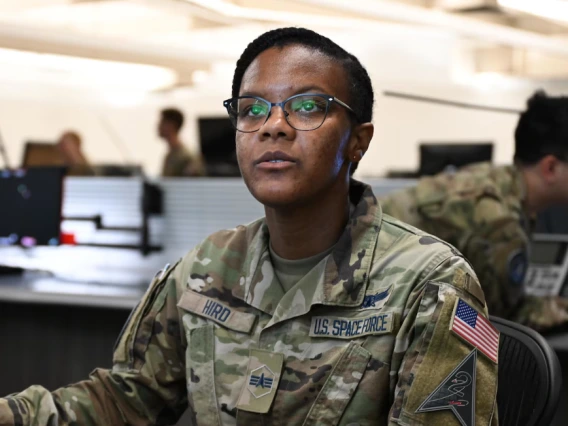
DAF kicks off department-level exercise series in Pacific
The Department of the Air Force has launched a groundbreaking Pacific-focused Department-Level Exercise (DLE) series, its largest effort since the Cold War. Over 12,000 Air and Space Force personnel, 350 aircraft, and advanced space capabilities will participate across the U.S. and Indo-Pacific. The month-long DLE integrates exercises like Resolute Force Pacific and Resolute Space, emphasizing multi-domain readiness,
Agile Combat Employment, and strategic sustainment operations. Air Mobility Command plays a key role, applying lessons from previous drills to overcome logistical challenges. Allied and partner nation collaboration is central to strengthening deterrence and operational integration. Ultimately, the DLE aims to enhance U.S. warfighting capabilities and regional stability through large-scale, realistic training.
INTERDISCIPLINARY DESIGN TEAM
Our Interdisciplinary Design Team (IDT) convenes more than 200 years of experience in national defense, spans two nations and represents multiple military branches. Comprising former officers (enlisted, non-commissioned, and commissioned), DOD contractors, and academic experts, the team has expertise in conventional and special operations at every echelon. Our IDT members are consultants, certified instructors, course designers, and leaders of programs, teams, sites, and projects. We have an extensive history of designing and facilitating numerous scenarios, exercises, wargames, and simulations for both operational forces and workforce education. Find out more about the team
